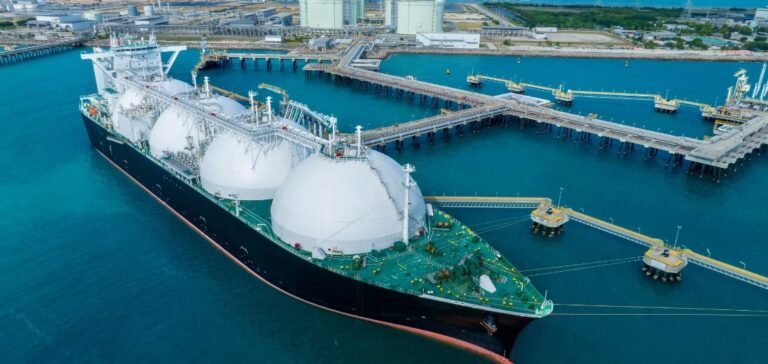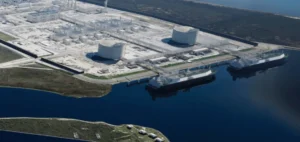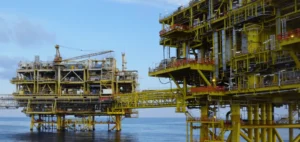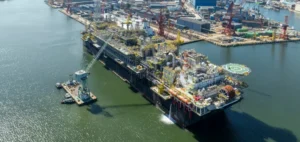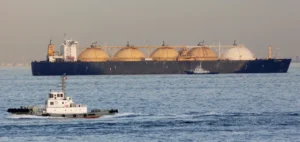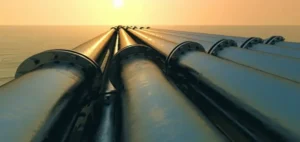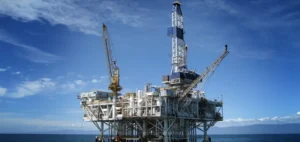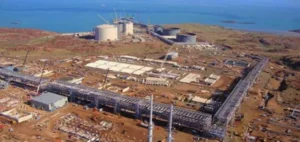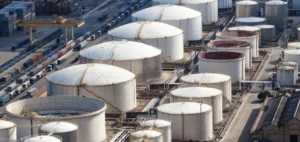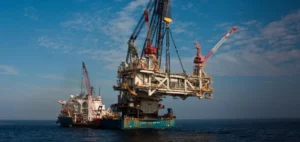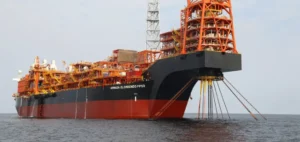The Irish government has recently authorised the development of its first offshore liquefied natural gas (LNG) terminal. Estimated to cost €300 million, the project aims to diversify the country’s gas supply sources while enhancing its energy security. The floating terminal will be capable of storing approximately 170,000 cubic metres of LNG and will serve as an emergency reserve in the event of supply disruptions. Although the exact location of the facility has not been specified, the terminal will be constructed at sea, enabling Ireland to access an alternative source of supply to its existing gas pipelines.
Strengthening Ireland’s energy security
Ireland’s Minister for Energy, Darragh O’Brien, clarified that the terminal will not be used for commercial purposes but will rather serve as a strategic reserve for the country. He emphasised that this infrastructure is crucial to prevent the economic and social consequences of a significant gas supply interruption. Currently, Ireland relies heavily on underwater pipelines from the United Kingdom, a situation that presents risks in the event of infrastructure failures or political tensions between the two countries.
An alternative to pipeline vulnerabilities
The installation of this offshore terminal is aimed at diversifying Ireland’s gas supply sources, as the country’s ability to cope with supply interruptions is deemed insufficient according to European Union standards. LNG, transported by sea, represents an alternative to the existing underwater pipelines, which are a vulnerability for Ireland’s energy security. Due to geopolitical uncertainties and issues related to Brexit, the country is seeking to secure its supplies for the years ahead.
Controversy over LNG infrastructure
While some advocate for the development of this offshore terminal to enhance Ireland’s energy security, the construction of such infrastructure also faces opposition. Climate advocates are concerned about the environmental impact of using LNG, a fossil fuel, and oppose the expansion of storage capacities for this type of gas. However, Irish authorities argue that the project is necessary to ensure the country’s resilience in the face of gas supply crises.

